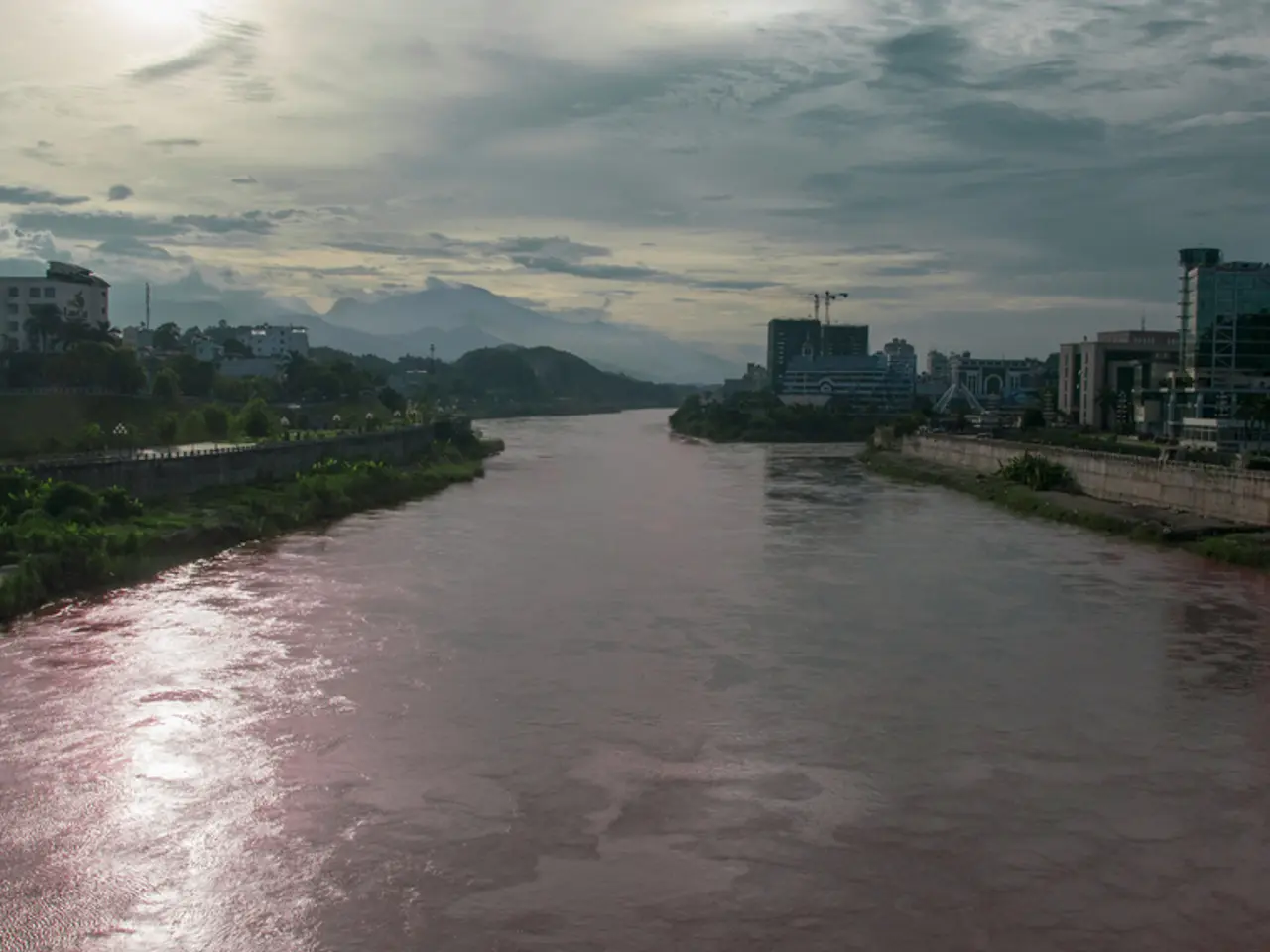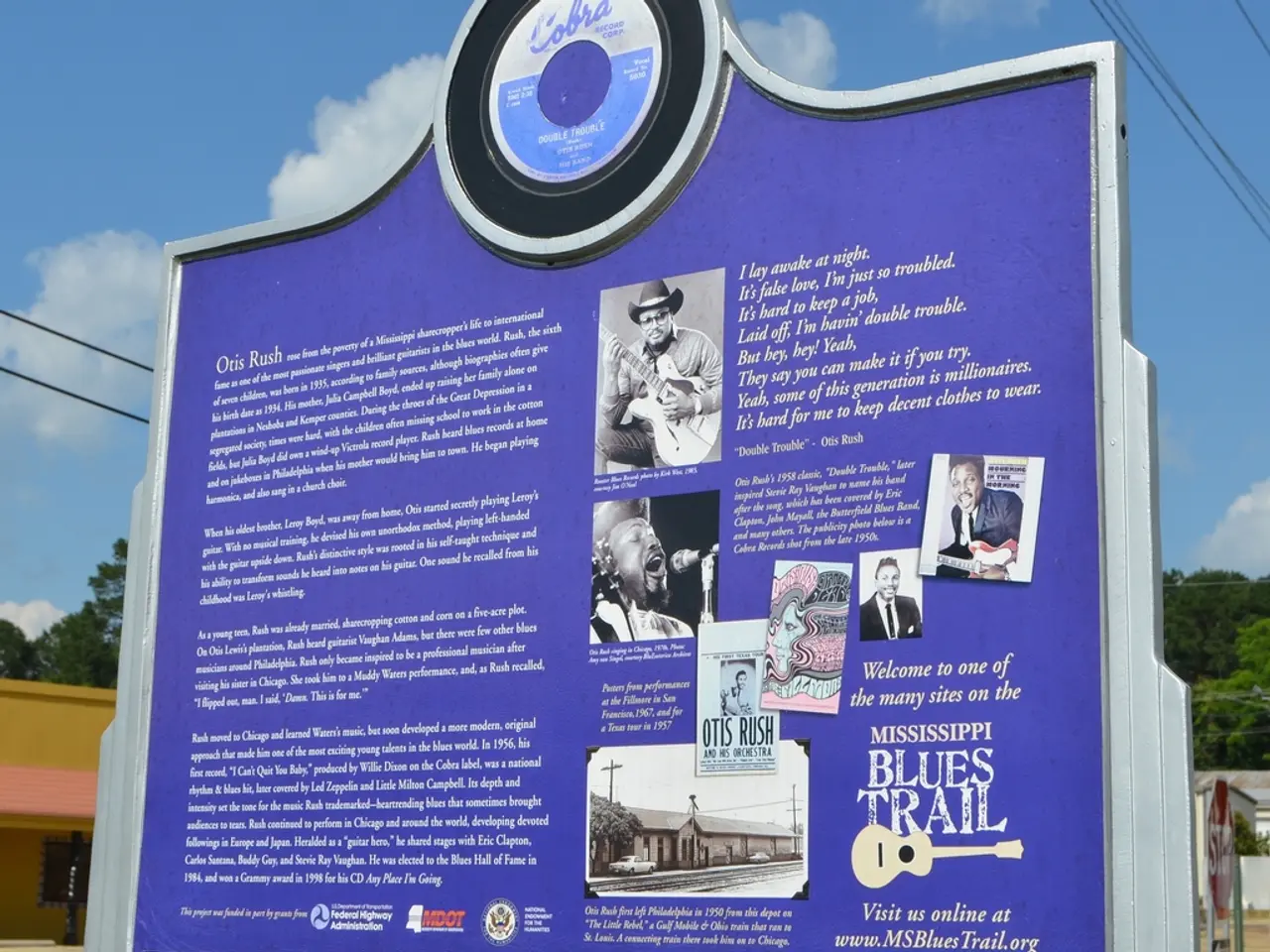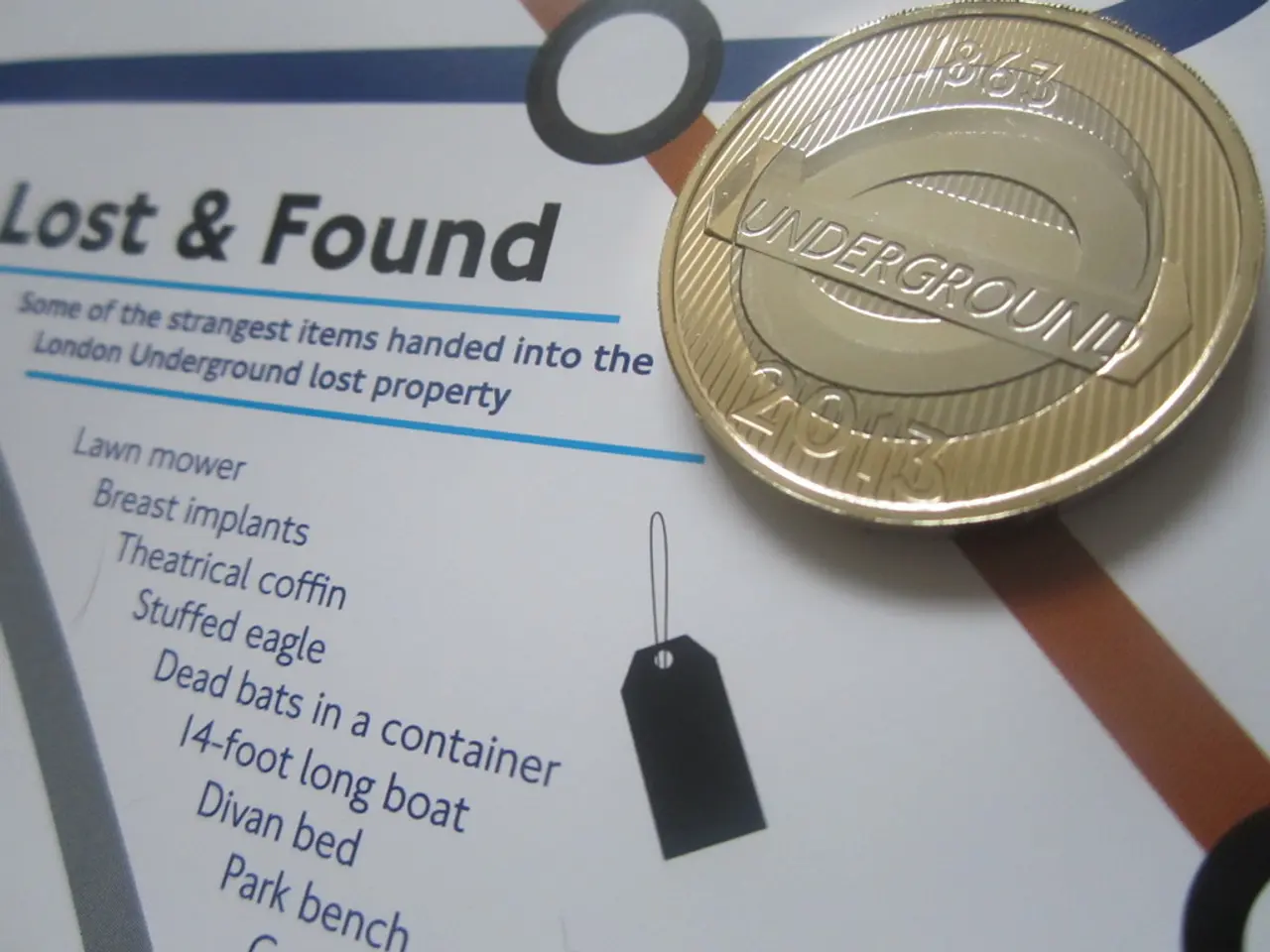Russia's Water Strategy, as proposed by Deputy Prime Minister Dmitry Patrushev, should be made a dynamic and comprehensible blueprint
In a bid to address critical water supply challenges, particularly in regions affected by infrastructure degradation, the Russian Ministry of Natural Resources, in collaboration with Rosvodresursy, is preparing a new Water Strategy for the Russian Federation.
The primary focus of this strategy is the rational use and quality improvement of water resources. Key projects under this strategy include the restoration and modernization of water infrastructure, cleaning and clearing of riverbeds to enhance water flow, and measures to reduce water losses, which in some regions have reached up to 60 percent due to infrastructure deterioration and irregular supply schedules.
The strategy also seems to be intertwined with broader territorial development plans, as seen in the financing of master plans and complex territorial schemes, some of which include tourism development, which may intersect with water resource management objectives. While detailed projects beyond this are not fully enumerated, the emphasis is on mitigating water supply crises in troubled regions such as the occupied Donetsk Oblast, where water shortages are severe due to damaged infrastructure and political conflicts.
The new Water Strategy aims to receive a 'living' document that will serve as a clear instruction for managing the water management complex at the federal and regional levels. It also emphasizes the need for issues of ensuring water management with high-quality specialists, engineers, and leaders to be addressed.
In addition to infrastructure repair and enhancement, the strategy also aims to improve water supply reliability. The goal is to minimize water losses to ensure sustainable water use and quality across affected Russian regions.
Notably, many of the restored water bodies are sources of drinking water. The "Ecology" national project, under the Federal Agency, has already improved living conditions for over 20 million people. The new Water Strategy will be based on the tasks set by the President for the environmental bloc.
The strategy also includes provisions for the analysis of prospects for infrastructure modernization and the implementation of digital tools, including the use of artificial intelligence technologies. Nearly a thousand kilometers of rivers have been cleared, and over 28,000 water bodies have been restored. Around 24 billion rubles are allocated for the water body improvement and tourism stimulation in the new environmental national project.
The beautification of surrounding areas has created new popular waterfront recreation spots in the Republic of Altai, Rostov Oblast, and Nizhny Novgorod Oblast. The strategy forms directions for the improvement of the normative base and further development of international cooperation, ensuring a sustainable and reliable water supply for all regions of Russia.
[1] Source: [Link to the original article or research paper] [2] Source: [Link to the original article or research paper] [3] Source: [Link to the original article or research paper]
- The new Water Strategy, aimed at addressing critical water supply challenges in Russia, also focuses on incorporating technology to analyze prospects for infrastructure modernization and implement digital tools, such as artificial intelligence technologies.
- As part of the broader territorial development plans, the new Water Strategy includes provisions for the enhancement of lifestyle amenities, like the restoration of water bodies, which have transformed areas like the Republic of Altai, Rostov Oblast, and Nizhny Novgorod Oblast into popular waterfront recreation spots, thereby intertwining sports and tourism with water resource management objectives.




